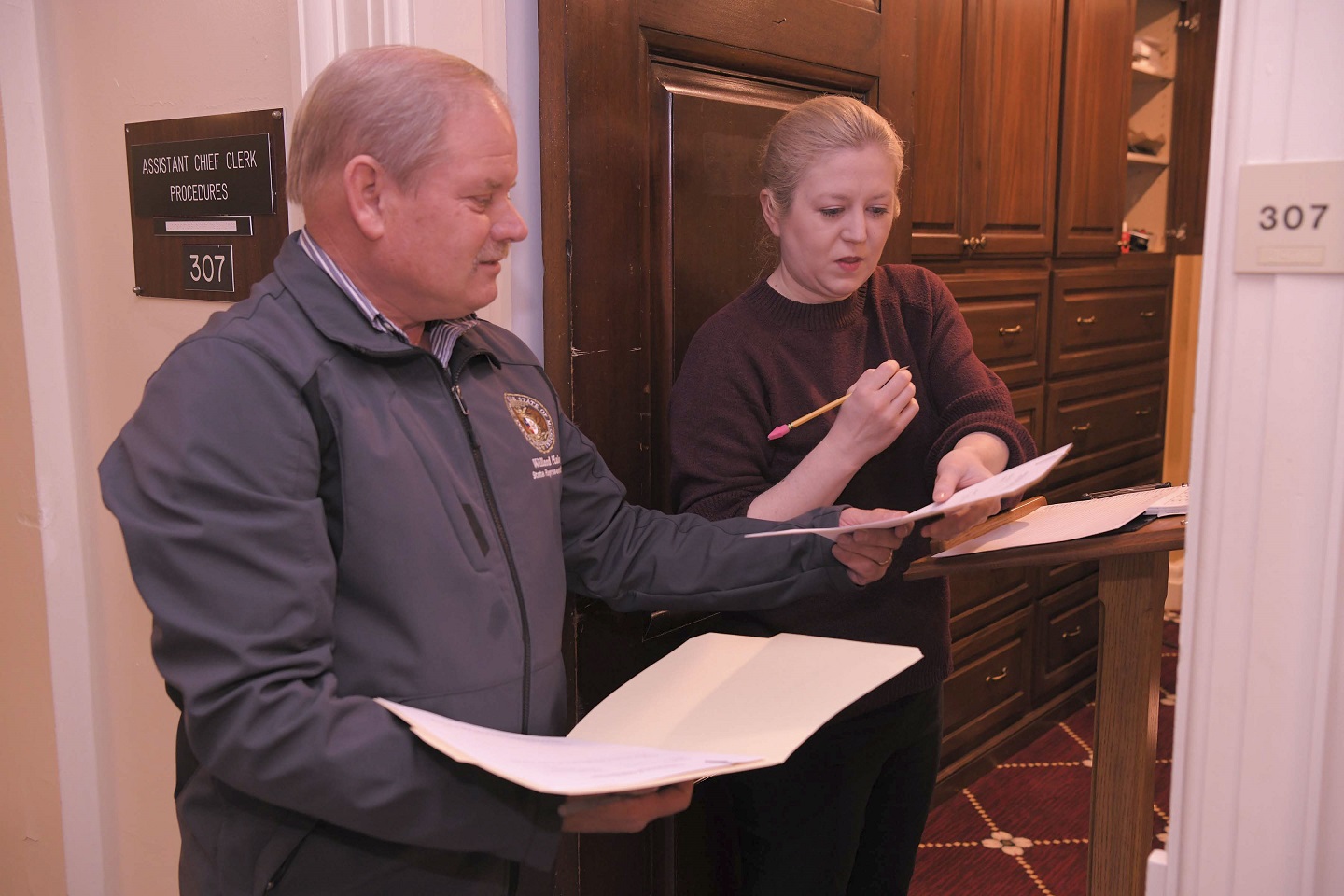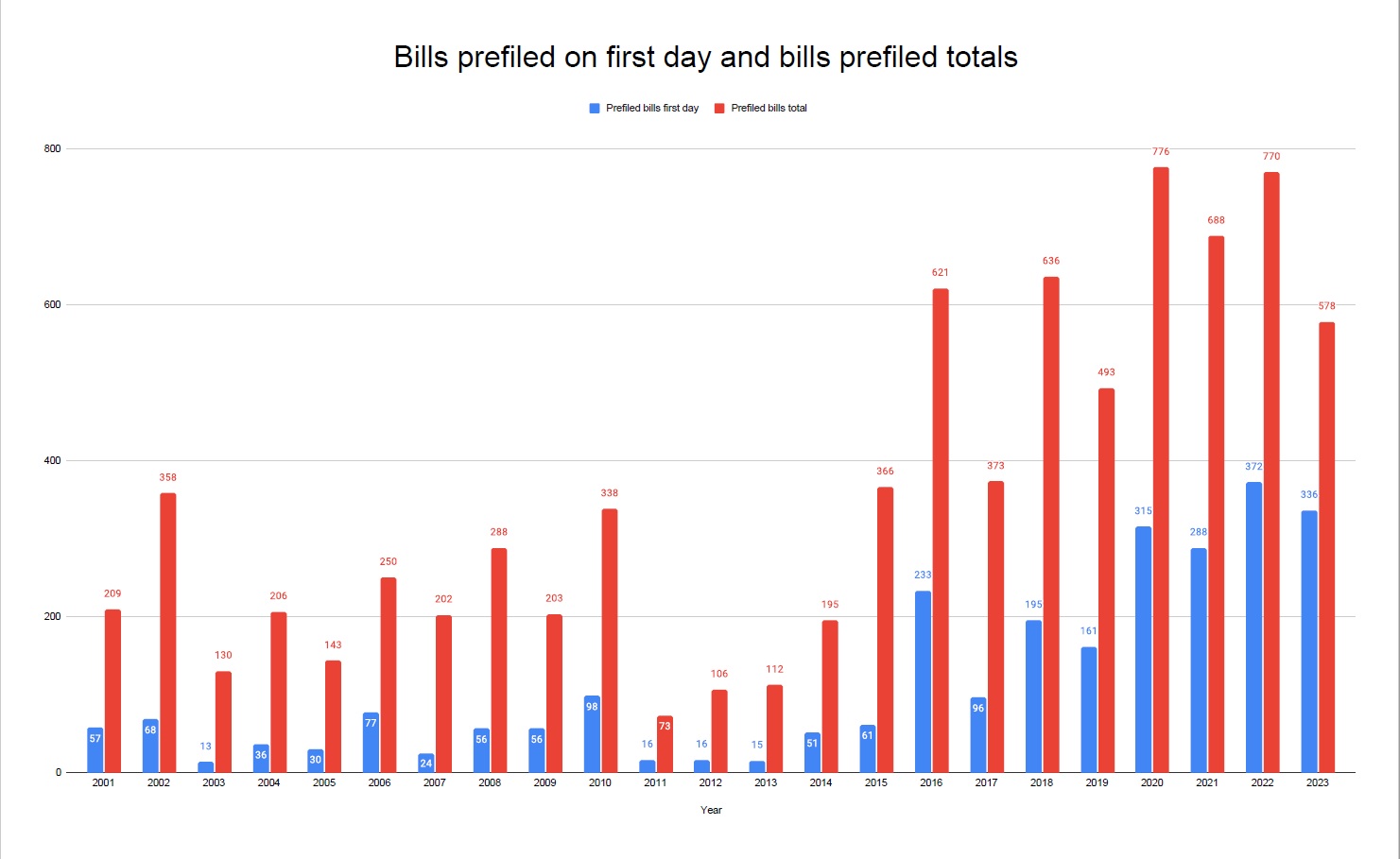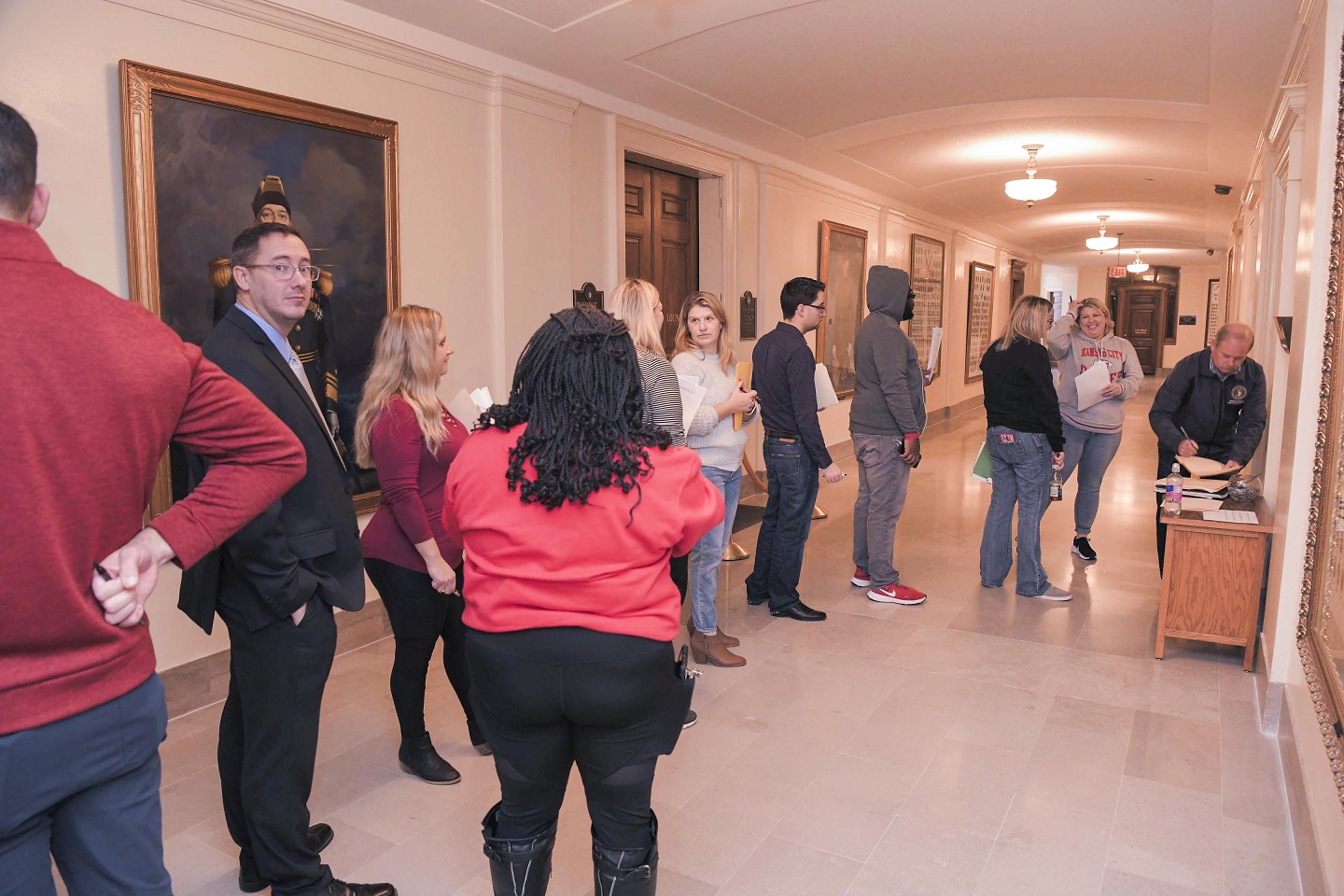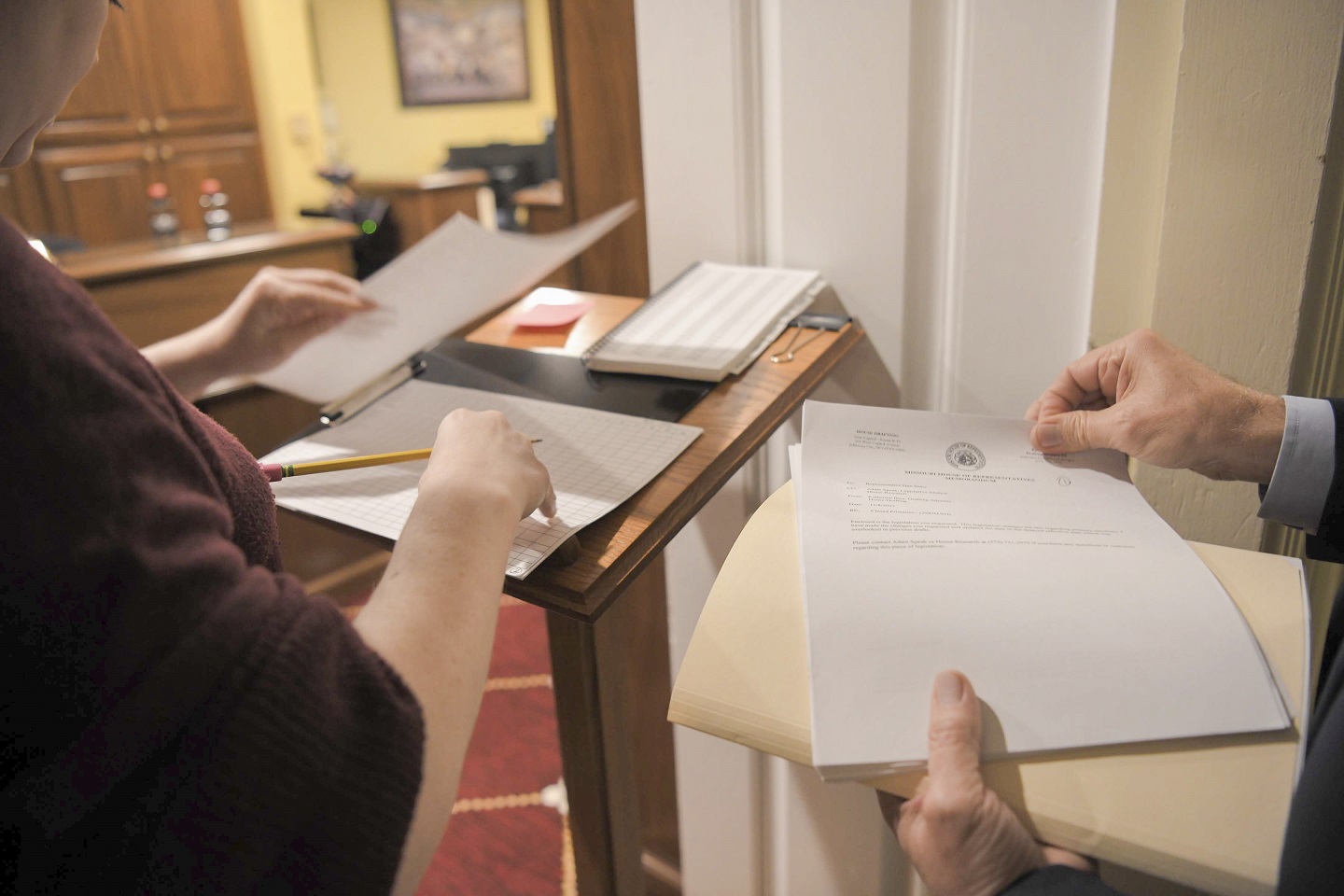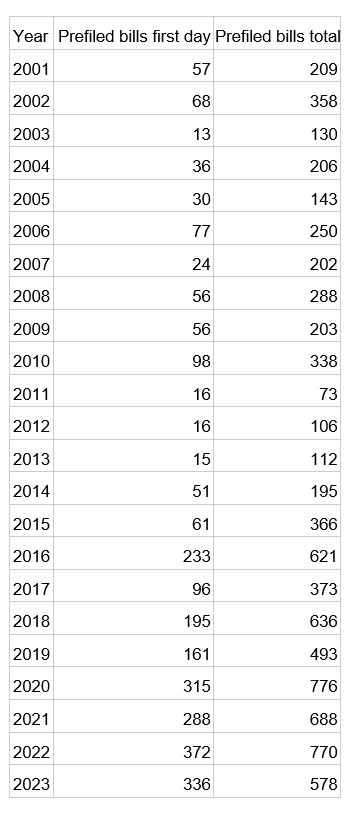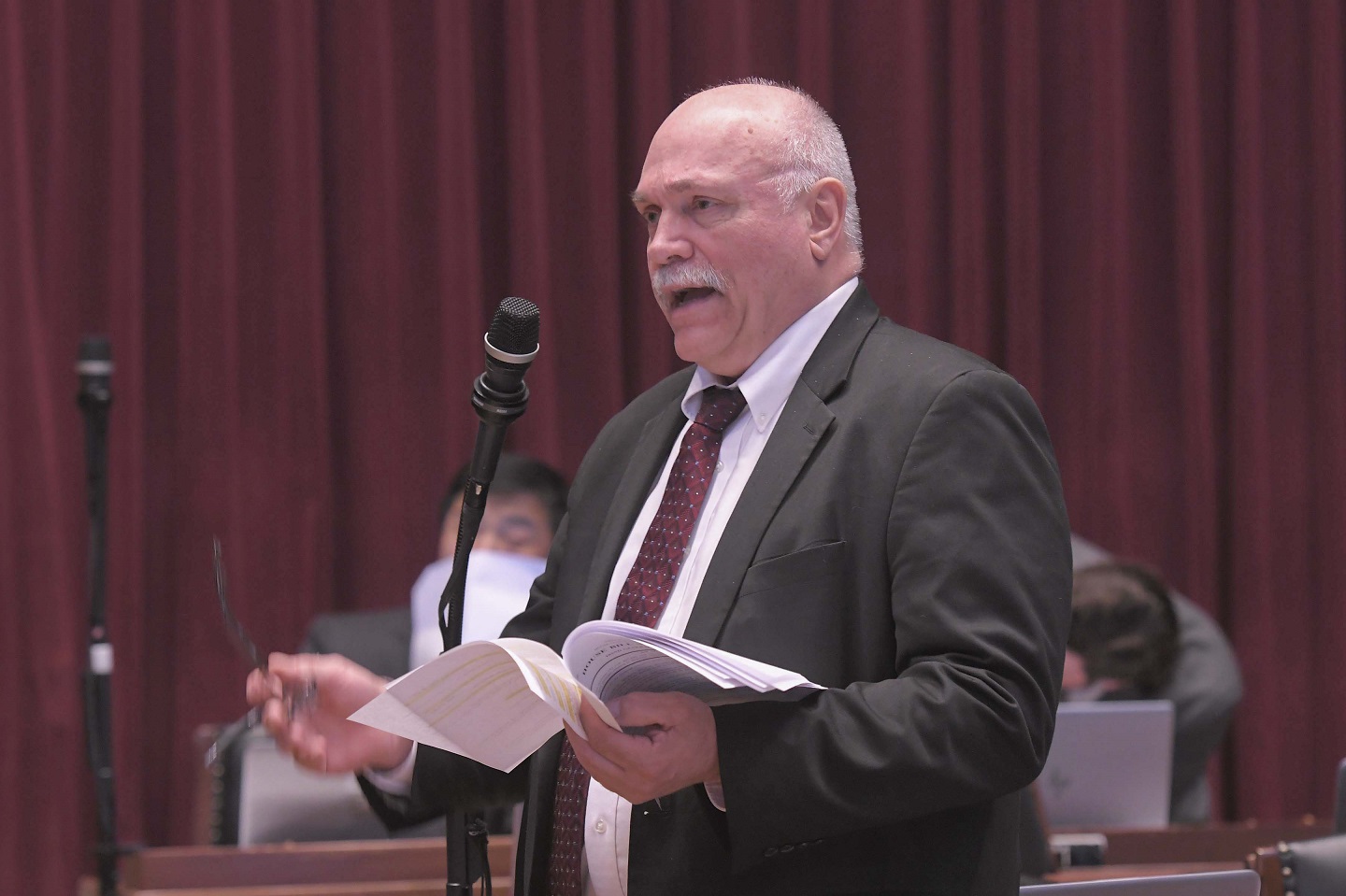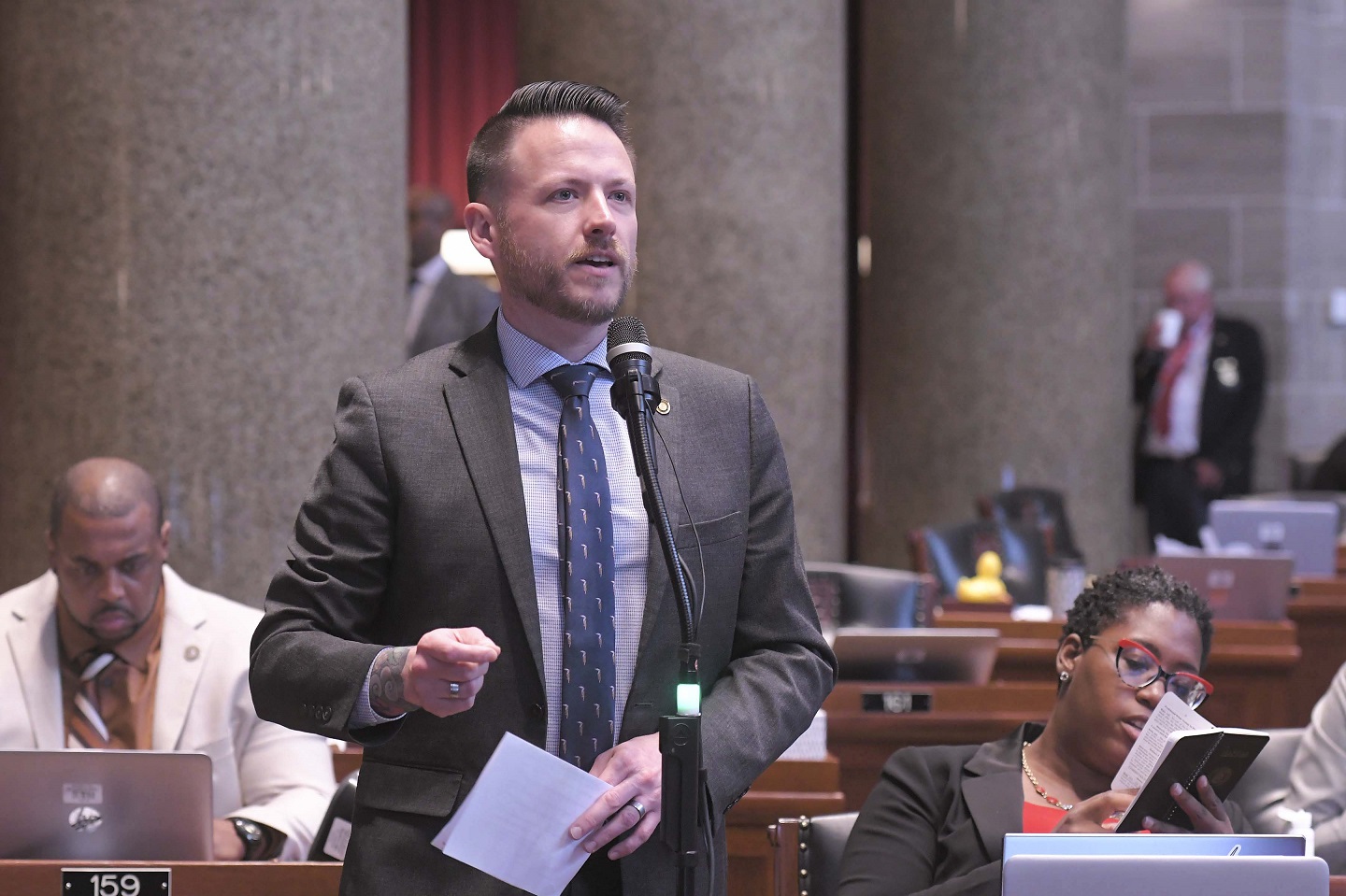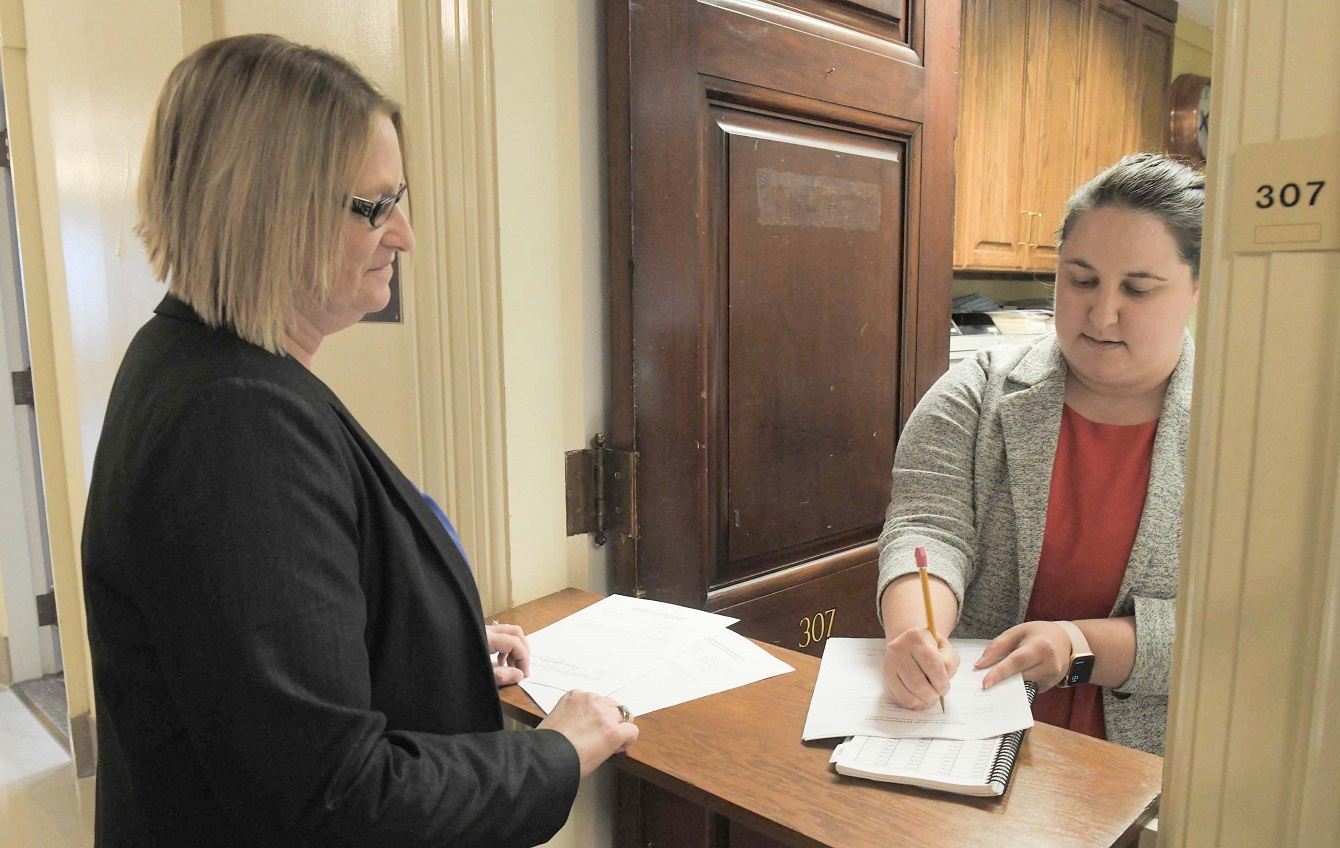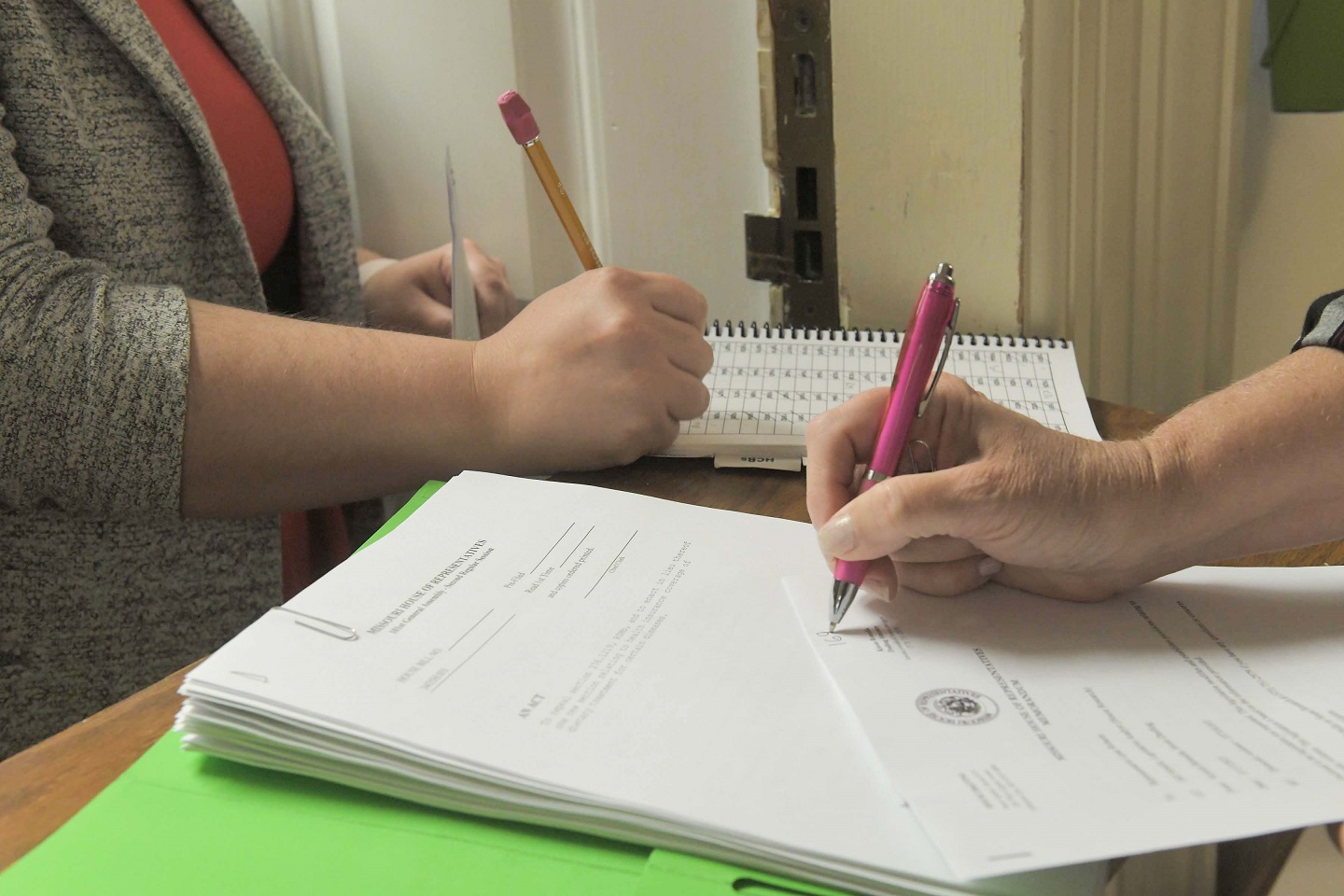For the twelfth time, Missouri legislators will be asked by the mother of a little girl killed by a stray bullet to increase penalties for the careless firing of guns.
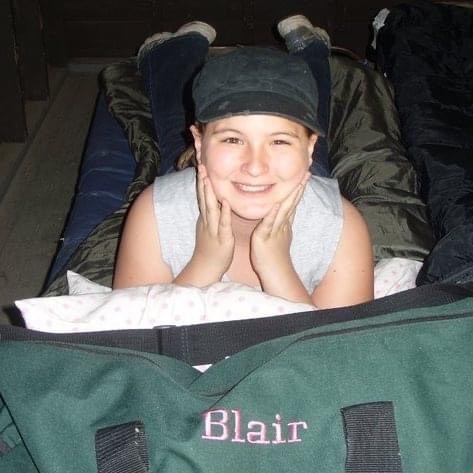
The legislature this past session sent “Blair’s Law” to the desk of Governor Mike Parson (R). It was the first time that proposal reached the desk of a governor. Parson expressed support for it calling it something he’d “like to sign into law,” but it was only one measure among several that were combined into one bill, Senate Bill 189. He had issues with some of the other measures, and so it was vetoed.
Blair’s Law is named for Blair Shanahan Lane, who was 11 when she was hit by a stray bullet while celebrating Independence Day, 2011, with her family. Someone more than half a mile away carelessly fired their gun into the air and one of those bullets struck Blair in the neck. She died the next day.
The man who fired that gun served 18 months in prison for involuntary manslaughter. No state law directly addresses what is often called, “celebratory gunfire.” Every legislative session Blair’s death, her mother has come to Jefferson City to change that.
Michele Shanahan DeMoss said since Blair’s Law was vetoed, after being passed for the first time after more than a decade of work, she has been, “thoughtful.
The “processes” to which she refers are the renewed efforts to see Blair’s Law become part of Missouri law. That is a top priority for two state lawmakers, and that is why the proposal was again among those prefiled on December 1; the first day that bills could be filed for the 2024 session.
One of those legislators is Representative Mark Sharp (D), who will be carrying that proposal for the fifth straight year. He said even though it was vetoed, he and other supporters see its passage last year as a win.
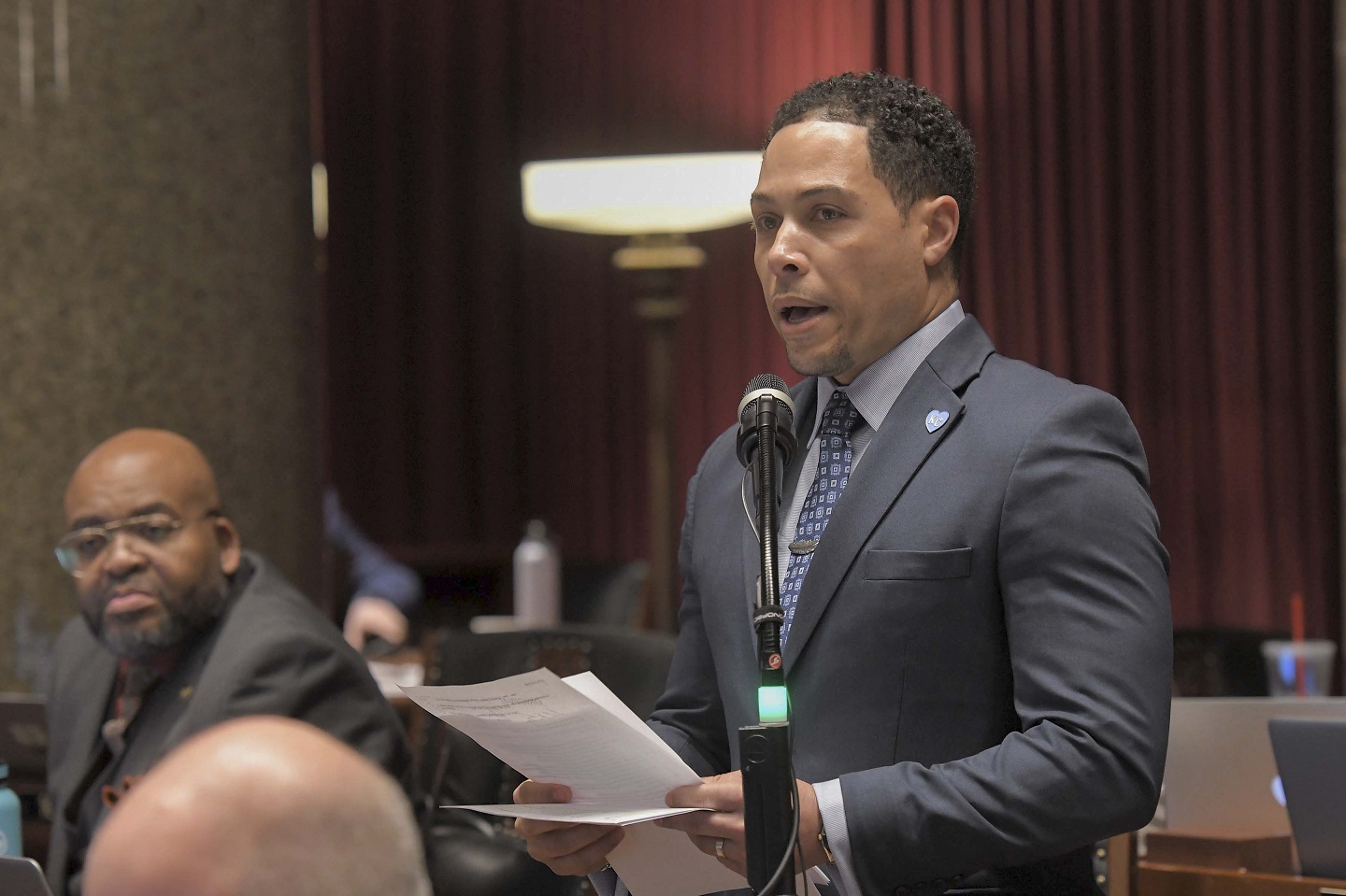
Joining the list of legislators who over the years have sponsored Blair’s Law is Belton Republican Sherri Gallick, who is in her second year in the Missouri House. Gallick met DeMoss while campaigning in 2022 and that’s when she first heard Blair’s story.
Gallick said of DeMoss, “She has been steadfast … there’s been other legislators throughout the years that have tried to help and she’s still very adamant. She wants to do this. She wants to get it across the finish line for her daughter.”
House Bills 1437 (Gallick) and 1477 (Sharp) would specify that a person is guilty of unlawful discharge of a firearm if they, with criminal negligence, discharge a firearm in or into the limits of a municipality. A first offense would be a class “A” misdemeanor which carries up to a year in jail and a fine of up to $2,000; a second time would be a class “E” felony carrying up to four years in prison; and third and any subsequent offense would be a class “D” felony, punishable by up to seven years in prison.
Even as efforts to pass Blair’s Law continue, incidents involving stray gunfire keep happening. Last month, while in her own bedroom in her south Kansas City home, 11 year-old Lauren Reddick was hit by two bullets. One of those left her paralyzed.
On New Year’s Eve, the Department’s SoundSpotter system identified more than 2,300 rounds fired between 6 p.m. and 6 a.m. on January 1. That was more than double the total detected by that sound capturing technology one year prior.
Over the years that Blair’s Law has been proposed, the attention it has gotten has created awareness of the dangers presented by careless gunfire, and its supporters hope that will continue to be a residual benefit of their efforts.
“It is absolutely unbelievable, the places I go, not even in Missouri, that either somebody will learn the story, recognize me, somebody else will tell them, and a conversation [will begin] with regards to celebratory gunfire, firing a gun recklessly, and unfortunately even other tragic situations, because of the conversation continuing and that really is the biggest thing that I share,” DeMoss said. “Year after year it would be nice to cross the finish line, have it signed into law and see the goodness that really transpires from it. Raising the awareness is one thing but being able to actually prosecute the crime would, I think, be the game changer.”
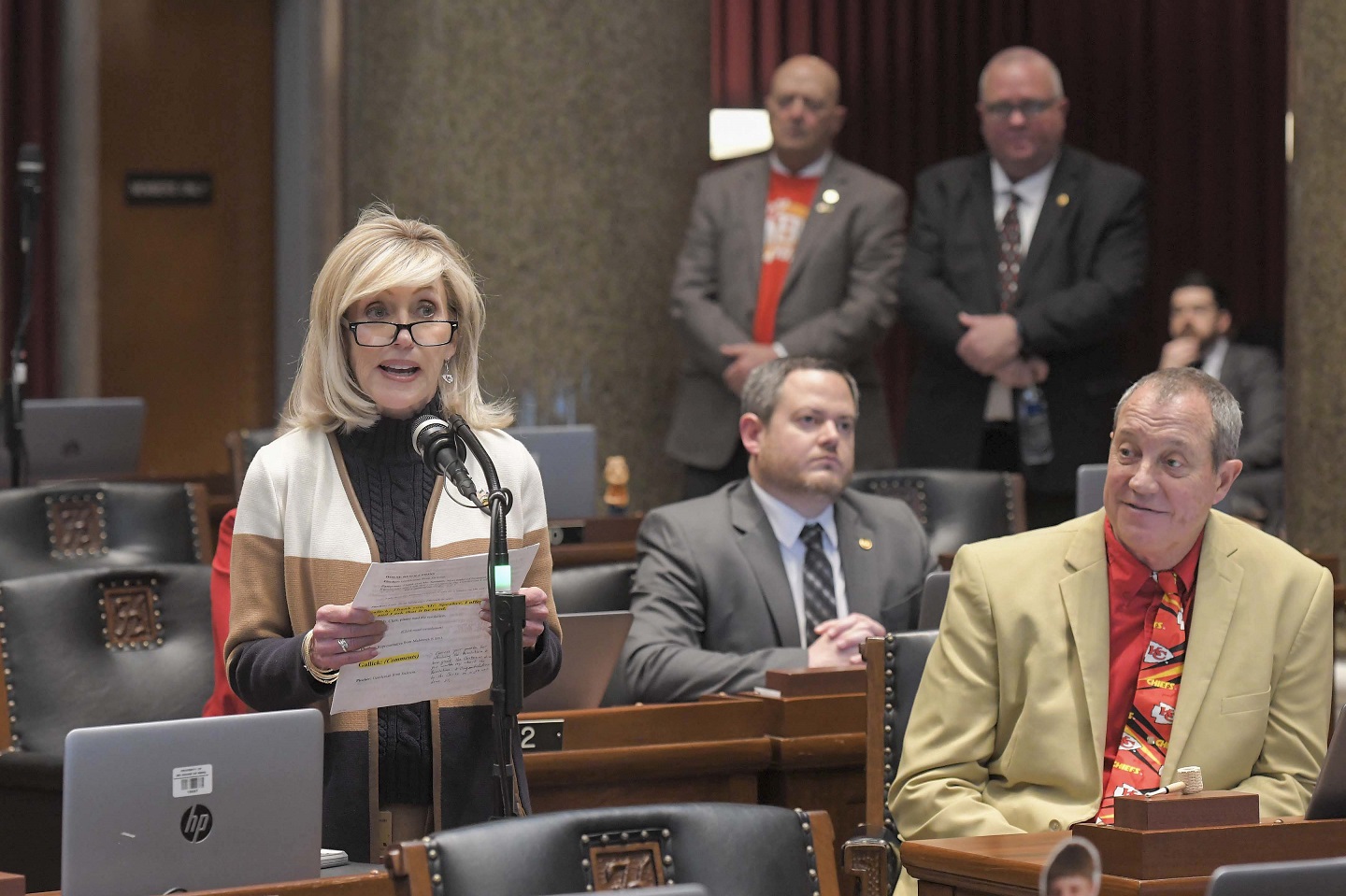
Gallick, like other Republicans who have carried or spoken in support of the legislation through the years, says among other things it is an issue of responsible gun ownership.
Both representatives say they are optimistic about the legislation’s chances of passage in 2024, given its overwhelming bipartisan support and the Governor’s message. They also commend DeMoss, who they say is “inspiring” as she has remained consistent and undaunted.
“There are so many people that think I should be devastated that it didn’t pass and I’m not devastated,” said DeMoss. “There are so many disappointments that I could list but … the worst things that could happen to a human being happened to Blair and changed my life forever, and I will continue lobbying. I will continue educating, carrying on the conversation that celebratory gunfire, firing a gun recklessly is stupidity. To continue to persevere to change the law, to make the law what we’ve been working on absolutely needs to be done.”
The new session of the Missouri General Assembly begins January 3.
